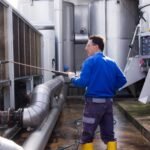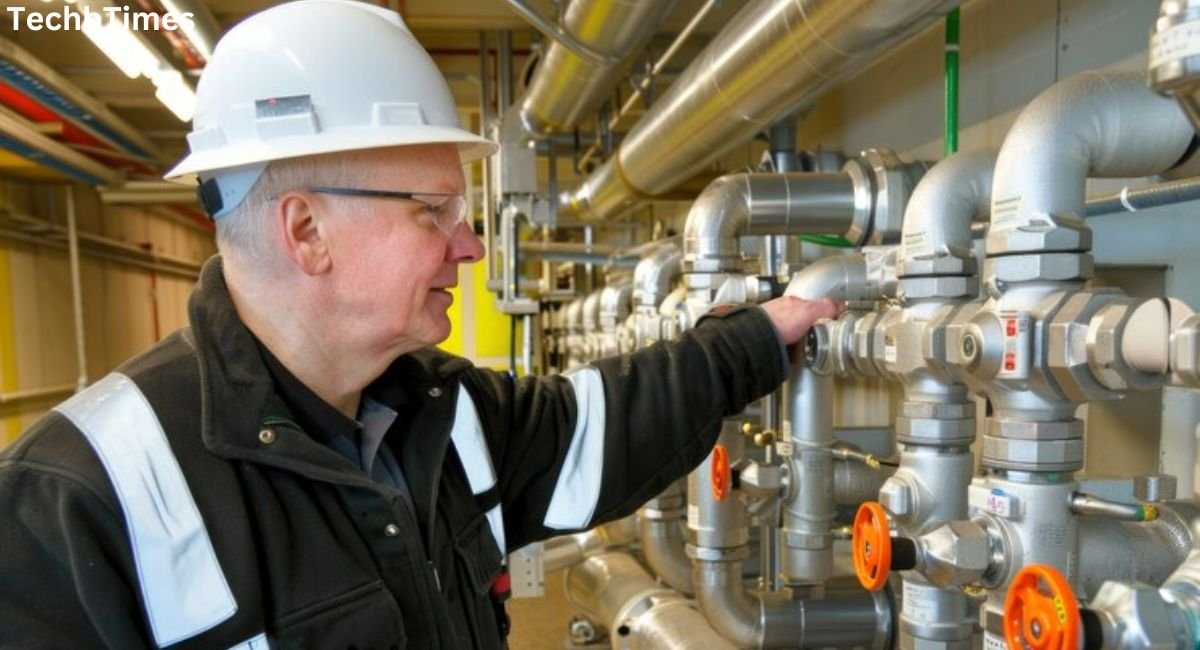The MR Gas Cart Lav Test is a critical process used in the maintenance and testing of gas systems, ensuring their safety, efficiency, and compliance with industry standards. Whether in industrial, commercial, or specialized applications, this test verifies the functionality of gas carts and associated systems, preventing potential hazards and ensuring reliability.
What is the MR Gas Cart Lav Test?
The MR Gas Cart Lav Test involves the inspection and testing of gas carts, focusing on leak detection, pressure integrity, and operational performance. “Lav” refers to the “leakage and verification” aspect of the test, ensuring that gas systems are free of leaks and are performing to specified parameters.
Purpose of the MR Gas Cart Lav Test
The primary goals of the MR Gas Cart Lav Test are:
- Safety Assurance: Identifying and eliminating gas leaks to prevent accidents.
- System Efficiency: Ensuring optimal performance of the gas cart for sustained operations.
- Regulatory Compliance: Meeting industry standards and certifications for gas system safety.
- Longevity: Prolonging the lifespan of the gas cart through regular maintenance and checks.
How the MR Gas Cart Lav Test Works
- Pre-Test Inspection: A thorough visual and functional check of the gas cart components.
- Leak Detection: Specialized tools and techniques identify even minute leaks in the system.
- Pressure Testing: Verifying the cart’s ability to maintain consistent pressure levels.
- Operational Checks: Ensuring all components, such as valves and gauges, function as intended.
- Documentation: Recording test results and providing recommendations for any necessary repairs.
Benefits of the MR Gas Cart Lav Test
- Enhanced Safety: Reduces the risk of gas-related incidents.
- Cost Efficiency: Prevents costly repairs by identifying issues early.
- Environmental Protection: Minimizes the release of harmful gases into the environment.
- Operational Reliability: Ensures the gas cart operates efficiently, reducing downtime.
- Peace of Mind: Provides assurance that the system meets safety standards.
Applications of MR Gas Cart Lav Test
The MR Gas Cart Lav Test is vital in various sectors, including:
- Industrial Manufacturing: Testing carts used in gas storage and transportation.
- Medical Facilities: Ensuring the safety of oxygen and other medical gas carts.
- Aerospace: Maintaining gas systems for critical operations.
- Research Laboratories: Checking specialized gas delivery systems for precision work.
When to Perform the MR Gas Cart Lav Test
The test should be conducted:
- Periodically: As part of routine maintenance.
- After Repairs: Following any repair work on the gas cart or its components.
- Before Deployment: Before using the gas cart in critical operations.
- During Certifications: To meet regulatory or safety compliance requirements.
FAQs about MR Gas Cart Lav Test
What is the primary purpose of the MR Gas Cart Lav Test?
The main purpose is to ensure the safety, efficiency, and reliability of gas carts by detecting leaks, verifying pressure integrity, and ensuring optimal operation.
How often should the MR Gas Cart Lav Test be conducted?
The test frequency depends on usage and industry standards but is typically recommended as part of routine maintenance or after repairs.
What tools are used during the MR Gas Cart Lav Test?
Specialized leak detectors, pressure gauges, and visual inspection tools are commonly used during the test.
Is the MR Gas Cart Lav Test mandatory?
In many industries, this test is required to comply with safety and regulatory standards. It ensures the gas cart meets operational and safety criteria.
Can the MR Gas Cart Lav Test be performed on-site?
Yes, the test is often conducted on-site by trained technicians using portable testing equipment, making it convenient for businesses.
Conclusion:
The MR Gas Cart Lav Test is an indispensable procedure for ensuring the safety, efficiency, and reliability of gas systems. Regular testing not only prevents accidents but also extends the operational life of gas carts, making it a vital practice across industries. Whether for industrial, medical, or specialized applications, this test is a cornerstone of effective gas system management.











